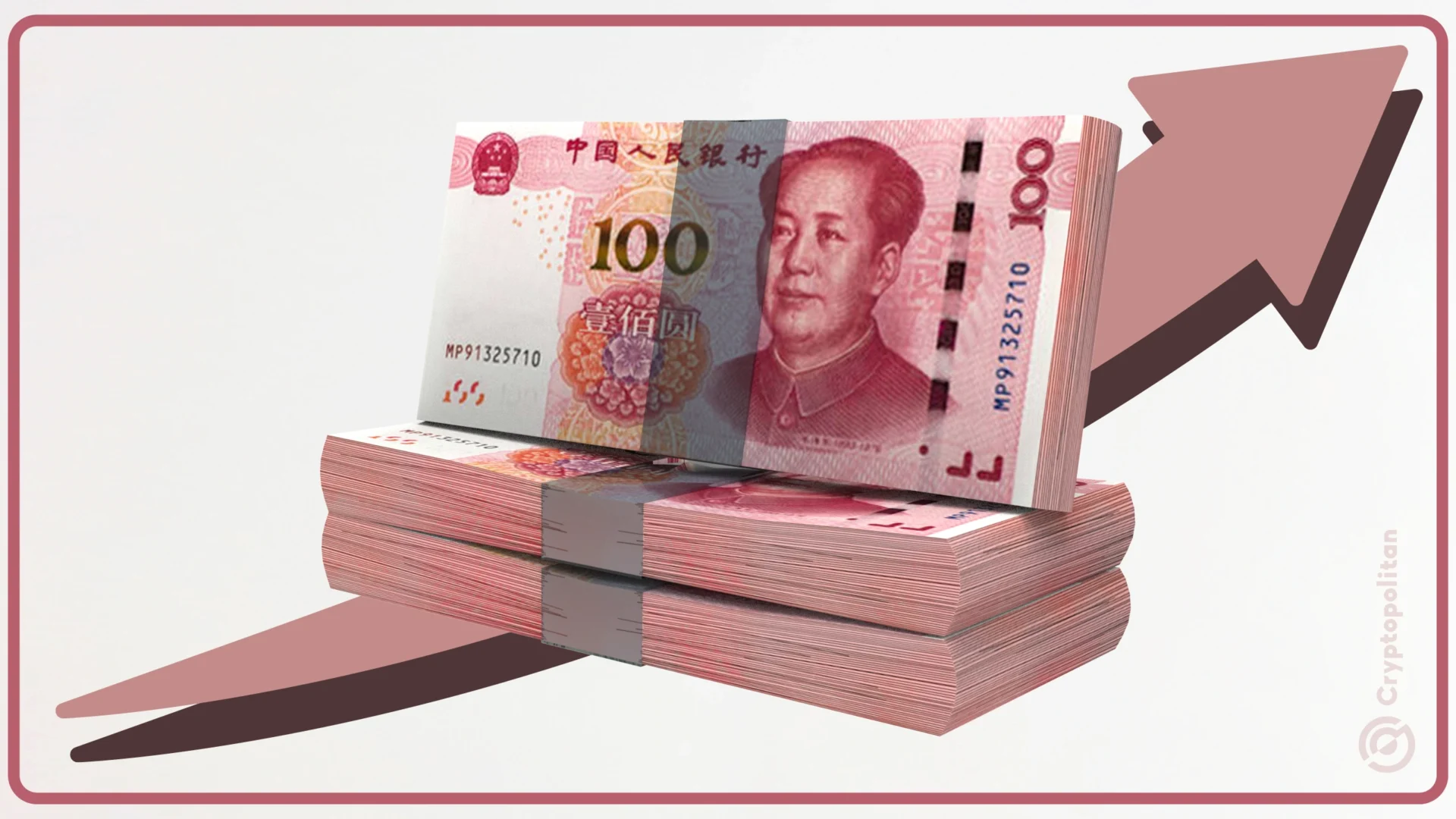China’s economic performance in the third quarter of 2024 didn’t hit the targets set by the government. The country’s gross domestic product (GDP) expanded by 4.6% year-on-year, which is slightly lower than the previous quarter’s 4.7%.
The ongoing struggles are rooted in weak consumer spending and a brutal property market crash that’s been hammering household sentiment. Beijing’s efforts to pump money into the economy are just not moving the needle fast enough.
Sluggish recovery and investor concerns
Beijing threw down its largest monetary stimulus package since the pandemic back in late September in a desperate attempt to spur growth. When it proved insufficient, they followed up with promises of major fiscal spending.
Markets initially reacted with some excitement, but that also wore off quickly. Investors are cautious, waiting for more concrete details about fiscal stimulus.
The CSI 300 index of stocks in Shanghai and Shenzhen, as well as Hong Kong’s Hang Seng benchmark, both saw major losses in October. They’re still up for the year, but that October drop has everyone on edge.
This is happening after the housing ministry’s latest attempt to rescue the property sector left the markets disappointed.
Property developers are bleeding, and the housing ministry’s support measures aren’t doing enough to turn things around.
Analysts anticipate announcements at a standing committee meeting of the National People’s Congress. The fiscal spending package could be massive. Some economists are talking about 10 trillion yuan, or $1.4 trillion, in stimulus.
But there are questions about whether this will work or simply worsen China’s existing issues. Ray Dalio, founder of Bridgewater, recently said, “You can throw money into the economy, but it needs to be done right. That’s the challenge.”
According to him, the next few months will show whether China can successfully get through these hurdles or end up trapped in a “Lost Decade” situation like Japan in the 90s.
Retail sales show some growth, but it’s not enough
One bright spot? China’s retail sales in September. They grew by 3.2% year-on-year, beating the estimate of 2.5% in an LSEG poll and outperforming August’s 2.1%. Sounds good, but let’s not get too excited. It’s a small win in the face of much bigger problems.
Across the Pacific, the U.S. saw retail sales rise by 0.4% in September, a stronger showing than the 0.1% growth in August and the 0.3% predicted by Dow Jones.
On the market side, the U.S. Dow Jones Industrial Average rose by 0.37%, while the S&P 500 and Nasdaq Composite barely budged.
China’s Shanghai Composite jumped by 1.5% on Friday, partly driven by better-than-expected economic data and hints from Beijing’s central bank governor about more monetary easing.
Property market crash dragging down China’s economy
China’s property sector remains the elephant in the room. It’s an ongoing disaster, and no amount of government stimulus has been able to fix it yet.
Real estate was once the driving force of China’s economy, but now it’s a weight dragging everything down. The Hang Seng Mainland Properties index’s 6.7% drop on Thursday showed just how bad things are.
Chinese officials announced support for the real estate sector, but it was too little, too late. To make matters worse, much of China’s debt is concentrated at the local level. Local governments, which are responsible for a lot of spending, are deep in debt.
That’s a problem when you’re trying to stimulate the economy with public funds. If they can’t get the debt under control, it would spark a full-blown financial crisis.





